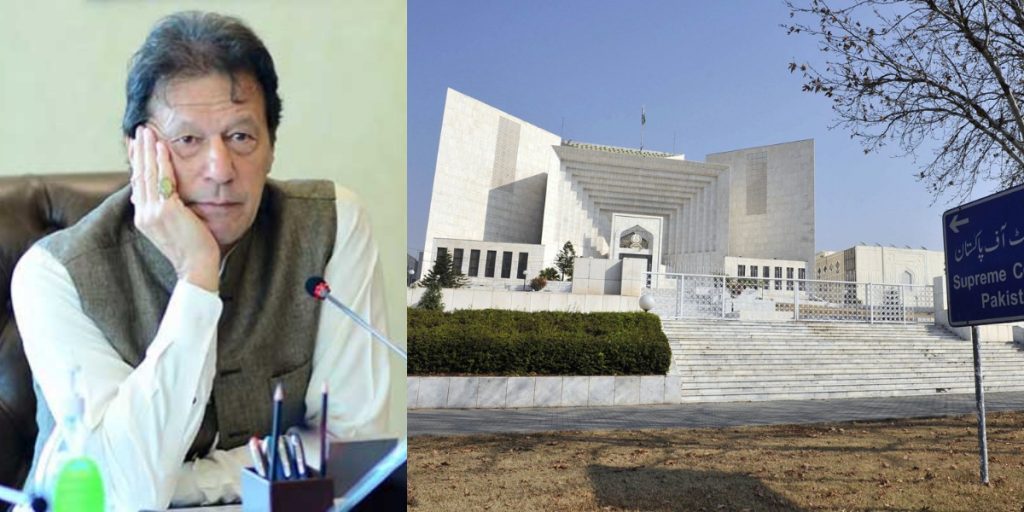By Syed Atiq ul Hassan, Sydney Australia

In recent events surrounding the exclusion of the Pakistan Tehreek-e-Insaf (PTI) party from the upcoming election, a troubling narrative emerges that signals a dark turning point in Pakistani history. As I witnessed the legal proceedings involving Qazi Isa in the Supreme Court of Pakistan, my cricket playing son’s innocent question about the significance of the ‘Bat’ symbol exposed a deeper issue: a significant portion of Pakistan’s population cannot read or write their own names. This stark reality underscores the nation’s literacy challenges and reflects poorly on its governance.
Qazi Isa’s actions during these proceedings further tarnish Pakistan’s global image, revealing a judiciary seemingly subservient to the ruling elite. Over the past months, I have consistently expressed through my vlogs and articles that the persistent division of Pakistan into factions serves to undermine the very essence and purpose of the nation. It appears that influential figures such as the Sharif family, Zardari, and others, including elements within the judiciary, are complicit in orchestrating this fragmentation, akin to a mafia carrying out a sinister plan.
The insistence on labelling the governance system as dirty and illegitimate raises valid concerns about the transparency of elections. This sentiment is echoed in my repeated warnings that participating in elections within such a flawed system may be futile, as evident in the baseless cases lodged against Imran Khan and PTI leaders. The decision to strip PTI of its ‘Bat’ symbol, a symbol that resonates with a substantial portion of the Pakistani populace, is not just a strategic move for the upcoming election but a blatant act of pre-poll rigging.
This situation draws parallels with the events of 1970 when the Awami League secured victory in the elections, only to face obstruction from General Yahya Khan and Zulfiqar Ali Bhutto, resulting in the disintegration of East Pakistan and the birth of Bangladesh. Now, nearly five decades later, history appears to repeat itself as the ruling elite seeks to prevent Imran Khan and PTI from participating in the democratic process.
Chief Justice Qazi Isa’s involvement raises serious questions about the judiciary’s independence, as his decision against PTI exposes what appears to be a corrupt judicial system. With over 150

cases, including charges of treason and attacks on military installations, levied against Imran Khan, coupled with the detention of over 10,000 PTI followers under dubious charges, the exclusion of PTI from the election further exacerbates concerns about the erosion of democratic values.
International surveys and expert opinions consistently position Imran Khan and PTI as the most popular political force in Pakistan. The ban on PTI’s participation in the election raises suspicions about ulterior motives, possibly aligning with the interests of anti-Pakistan international powers. The exclusion of PTI constitutes a clear violation of basic human rights, demanding urgent attention from the global community.
If PTI is prevented from contesting the election, the risk of chaos and widespread protests looms over Pakistan. The international community, including the United Nations, must intervene to pressure the current caretaking government into ensuring a fair and transparent electoral process. The integrity of Pakistan’s democracy is at stake, and timely intervention is crucial to prevent further deterioration of the nation’s political landscape.
(The writer is a Sydney-based journalist, a political analyst and editor Tribune International Australia. His email is shassan@tribune-intl.com ).




